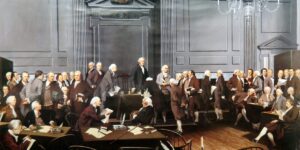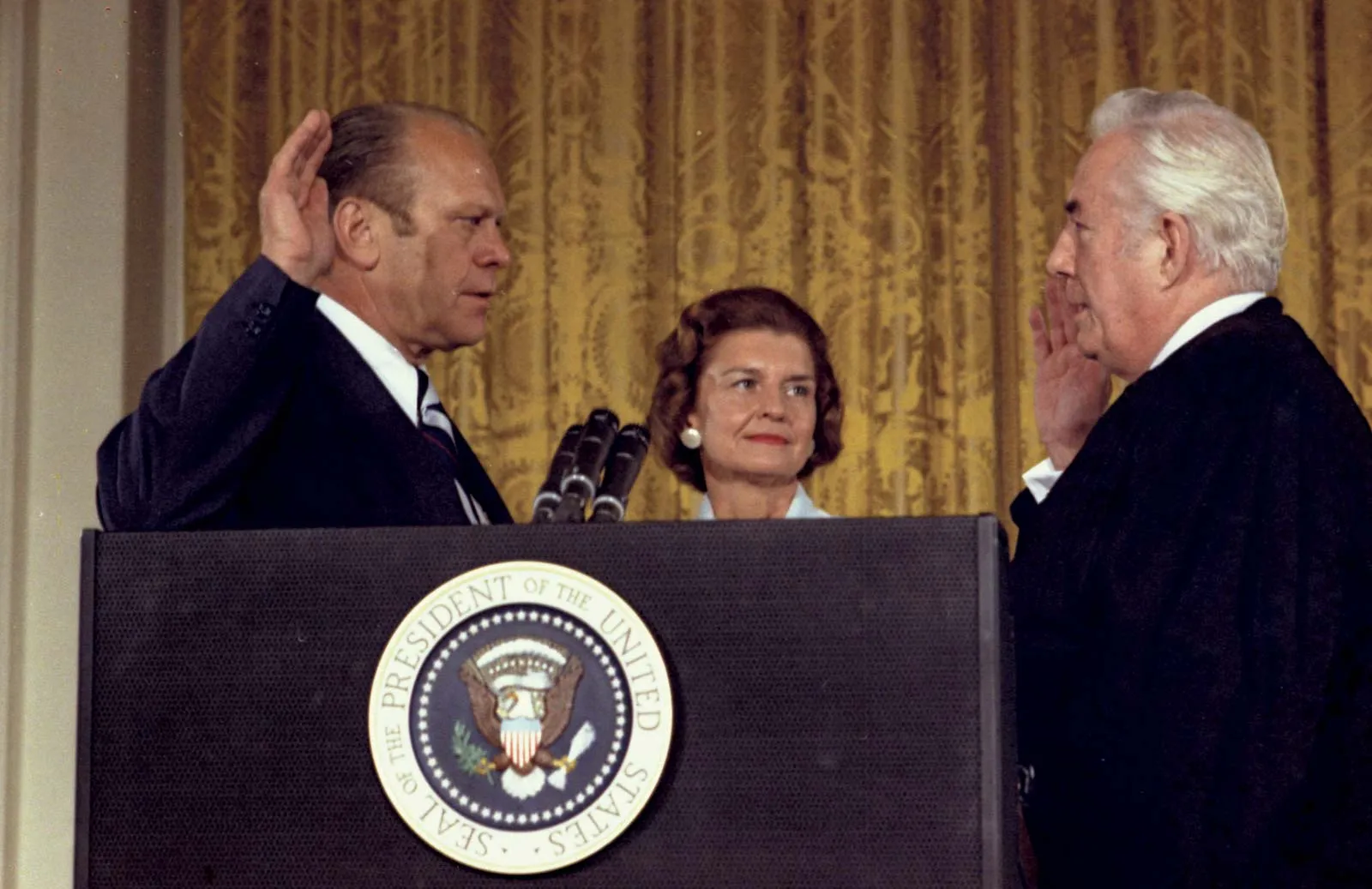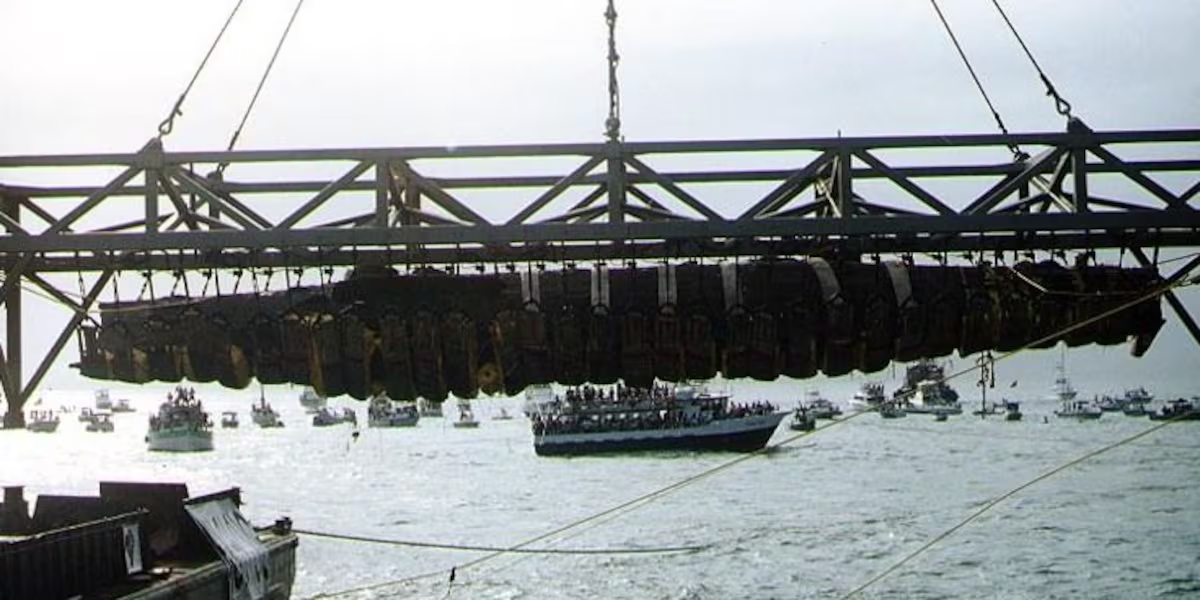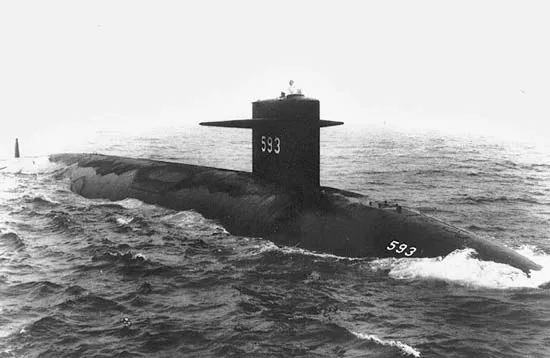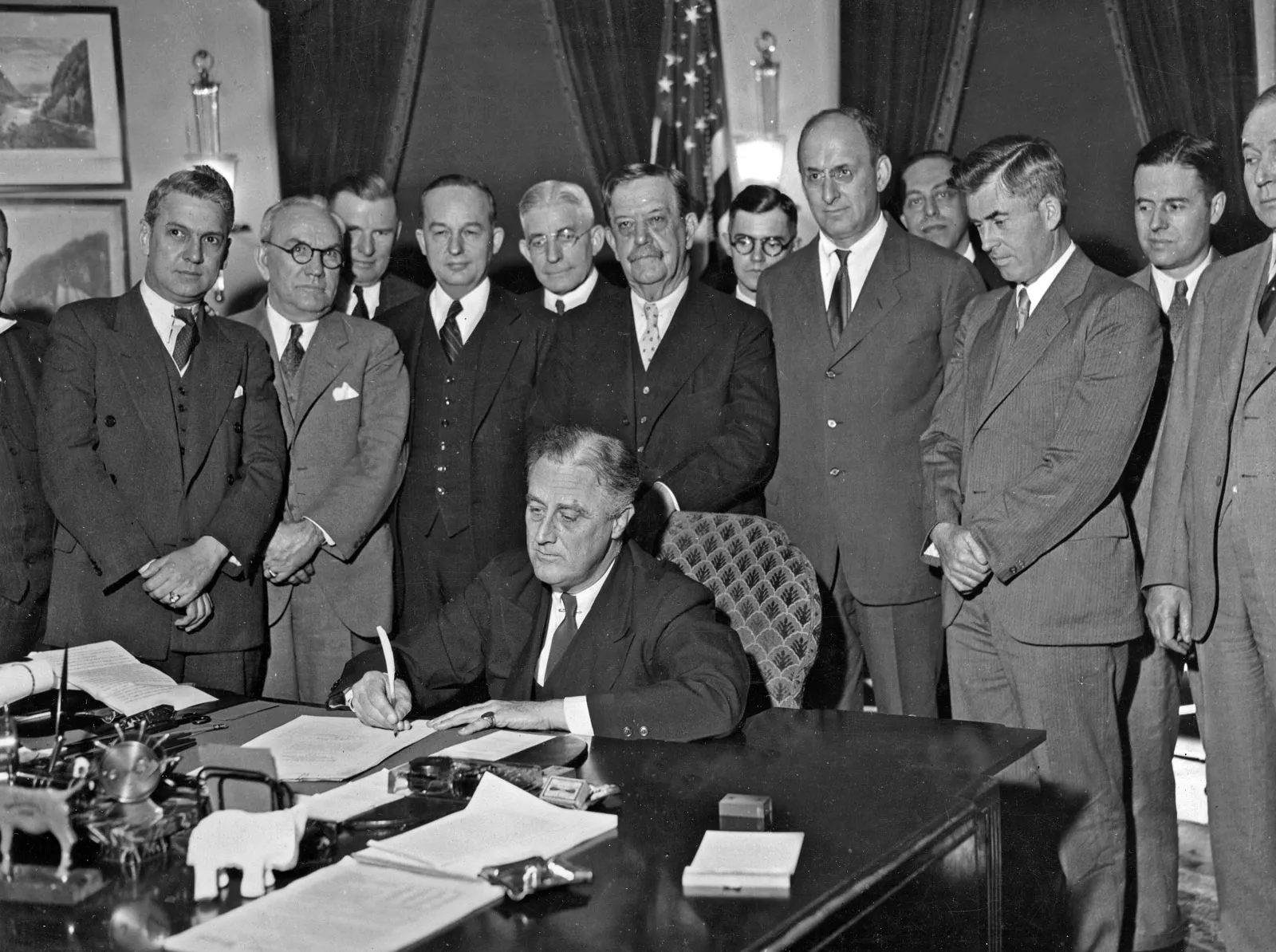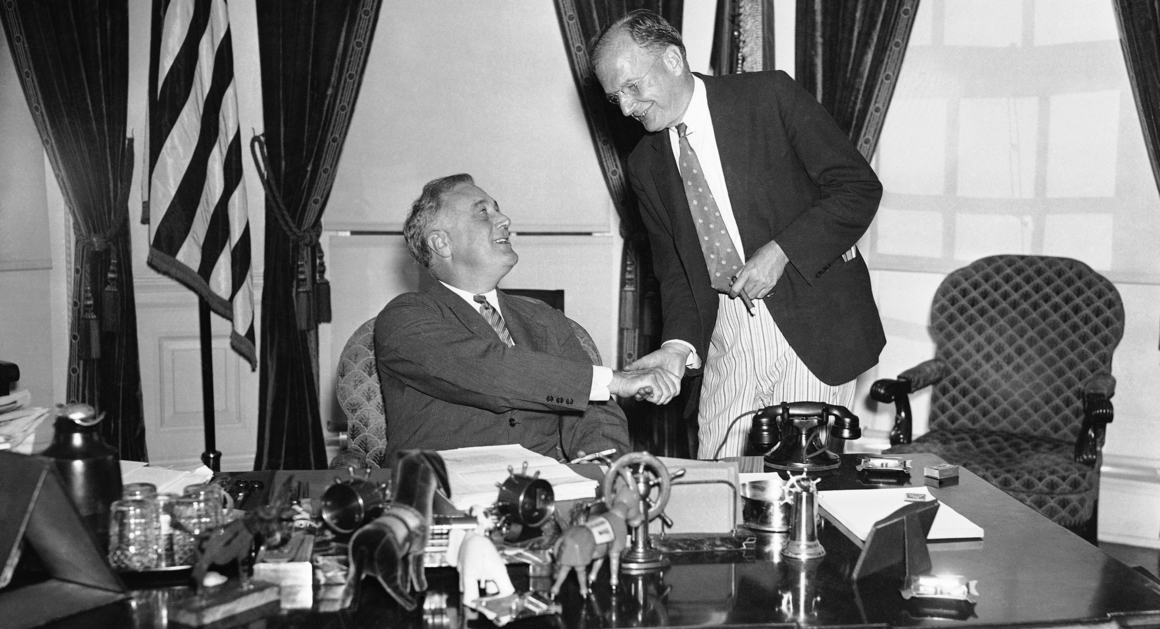On September 25, 1789, a significant milestone in American history occurred when the first United States Congress adopted twelve amendments to the Constitution and sent them to the states for ratification. This pivotal moment laid the groundwork for what would become known as the Bill of Rights, a cornerstone of American democracy that guarantees individual
All posts in "US History"
On September 25, 1789, a significant milestone in American history occurred when the first United States Congress adopted twelve amendments to the Constitution and sent them to the states for ratification. This pivotal moment laid the groundwork for what would become known as the Bill of Rights, a cornerstone of American democracy that guarantees individual
- September 24, 2024
In 1960, a significant milestone in military and naval history was achieved with the launch of the USS Enterprise (CVN-65), the first nuclear-powered aircraft carrier. The launch took place at the Newport News Shipbuilding and Dry Dock Company in Virginia, marking a revolutionary advancement in naval technology and capabilities that would reshape the future of
In 1960, a significant milestone in military and naval history was achieved with the launch of the USS Enterprise (CVN-65), the first nuclear-powered aircraft carrier. The launch took place at the Newport News Shipbuilding and Dry Dock Company in Virginia, marking a revolutionary advancement in naval technology and capabilities that would reshape the future of
334
August 9, 2024On August 9, 1974, a significant transition in American political history occurred as Gerald R. Ford was sworn in as the 38th President of the United States. This momentous event came in the wake of a scandal that had rocked the nation and led to the resignation of Richard Nixon, the 37th President. Ford’s ascension
On August 9, 1974, a significant transition in American political history occurred as Gerald R. Ford was sworn in as the 38th President of the United States. This momentous event came in the wake of a scandal that had rocked the nation and led to the resignation of Richard Nixon, the 37th President. Ford’s ascension
513
August 8, 2024On August 8, 2000, a remarkable chapter in American naval history was written as the wreckage of the H.L. Hunley, a Confederate submarine lost during the American Civil War, was raised from the ocean floor near Sullivans Island, South Carolina. This event was not only a significant milestone in maritime archaeology but also a profound
On August 8, 2000, a remarkable chapter in American naval history was written as the wreckage of the H.L. Hunley, a Confederate submarine lost during the American Civil War, was raised from the ocean floor near Sullivans Island, South Carolina. This event was not only a significant milestone in maritime archaeology but also a profound
507
July 30, 2024On July 30, 1956, a significant milestone in American history was reached when President Dwight D. Eisenhower signed into law a bill designating “In God We Trust” as the national motto of the United States. This decision marked a formal affirmation of the country’s religious heritage and had profound implications for American identity and values.
On July 30, 1956, a significant milestone in American history was reached when President Dwight D. Eisenhower signed into law a bill designating “In God We Trust” as the national motto of the United States. This decision marked a formal affirmation of the country’s religious heritage and had profound implications for American identity and values.
363
July 19, 2024On July 19th, 1848, a pivotal event in American history unfolded: the Seneca Falls Convention marked the formal beginning of the women’s suffrage movement in the United States. Held in Seneca Falls, New York, this convention was a groundbreaking step toward securing equal rights and opportunities for women, particularly focusing on their right to vote.
On July 19th, 1848, a pivotal event in American history unfolded: the Seneca Falls Convention marked the formal beginning of the women’s suffrage movement in the United States. Held in Seneca Falls, New York, this convention was a groundbreaking step toward securing equal rights and opportunities for women, particularly focusing on their right to vote.
802
July 9, 2024On July 9th, 1960, the USS Thresher (SSN-593), the first of a new class of U.S. nuclear-powered attack submarines, was launched. This groundbreaking vessel represented a significant advancement in naval technology and warfare. However, its promise was marred by tragedy when it sank in 1963, resulting in the worst submarine accident in history. The story
On July 9th, 1960, the USS Thresher (SSN-593), the first of a new class of U.S. nuclear-powered attack submarines, was launched. This groundbreaking vessel represented a significant advancement in naval technology and warfare. However, its promise was marred by tragedy when it sank in 1963, resulting in the worst submarine accident in history. The story
582
July 2, 2024On July 2nd, 1932, Franklin D. Roosevelt delivered his acceptance speech for the Democratic presidential nomination at the party’s national convention in Chicago. This speech would mark a pivotal moment in American political history, as Roosevelt introduced a vision that would come to define his presidency and reshape the role of government in American society—the
On July 2nd, 1932, Franklin D. Roosevelt delivered his acceptance speech for the Democratic presidential nomination at the party’s national convention in Chicago. This speech would mark a pivotal moment in American political history, as Roosevelt introduced a vision that would come to define his presidency and reshape the role of government in American society—the
400
June 21, 2024On June 21st, 1982, a pivotal ruling in American legal history occurred when John Hinckley, Jr., was declared not guilty by reason of insanity for the attempted assassination of U.S. President Ronald Reagan. This landmark decision sparked national debate and raised significant questions about mental health, criminal responsibility, and the judicial process in the United
On June 21st, 1982, a pivotal ruling in American legal history occurred when John Hinckley, Jr., was declared not guilty by reason of insanity for the attempted assassination of U.S. President Ronald Reagan. This landmark decision sparked national debate and raised significant questions about mental health, criminal responsibility, and the judicial process in the United
477
June 5, 2024June 5th, 1794, marked a pivotal moment in American history with the passage of the Neutrality Act by the United States Congress. In the midst of global conflict and tension, this legislation sought to assert America’s commitment to neutrality and non-interventionism, setting a precedent for its foreign policy stance in the years to come. Context
June 5th, 1794, marked a pivotal moment in American history with the passage of the Neutrality Act by the United States Congress. In the midst of global conflict and tension, this legislation sought to assert America’s commitment to neutrality and non-interventionism, setting a precedent for its foreign policy stance in the years to come. Context

